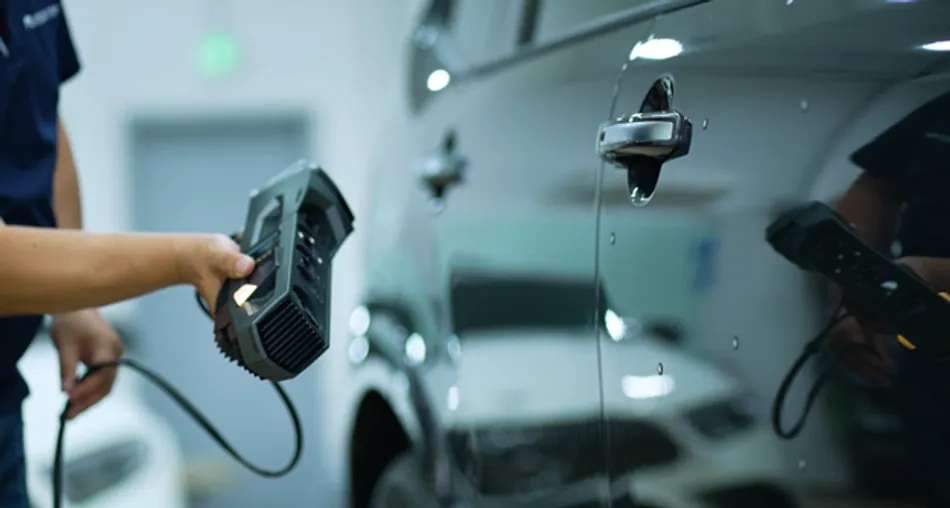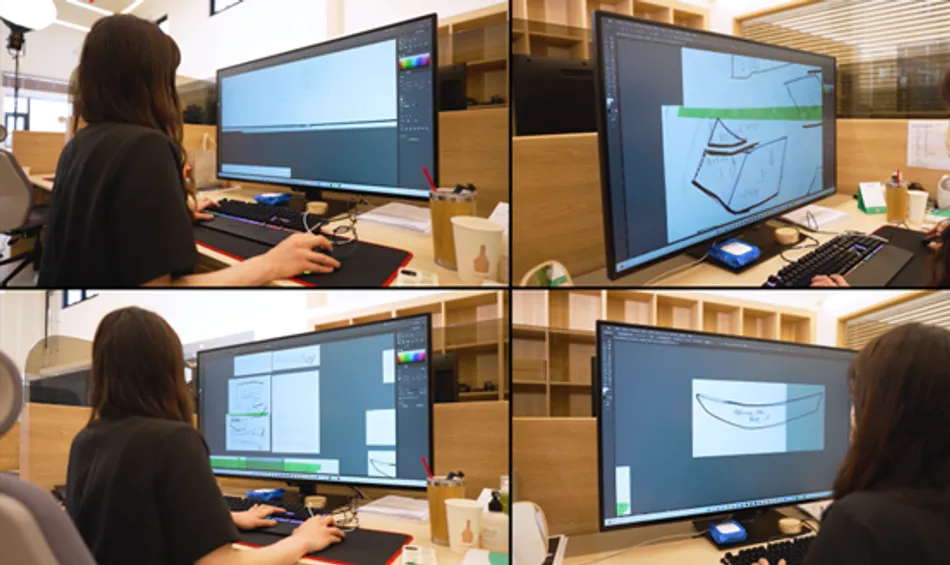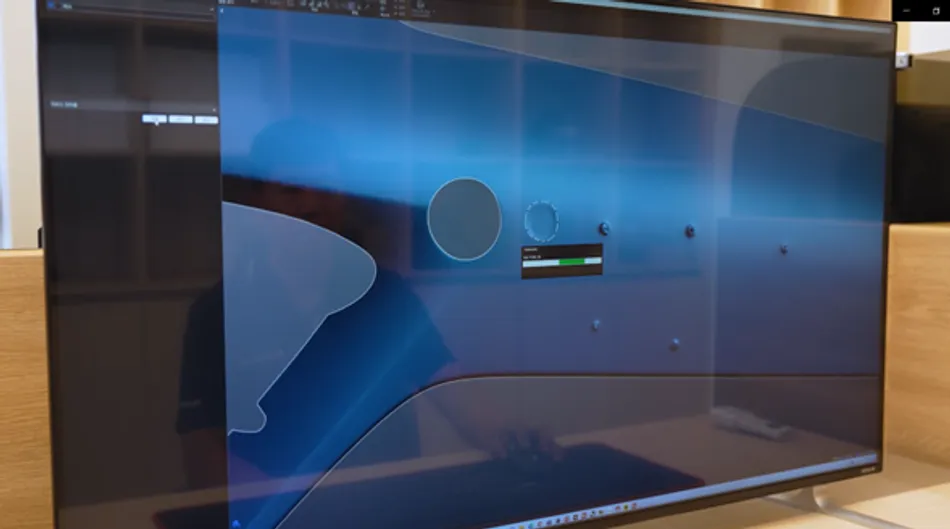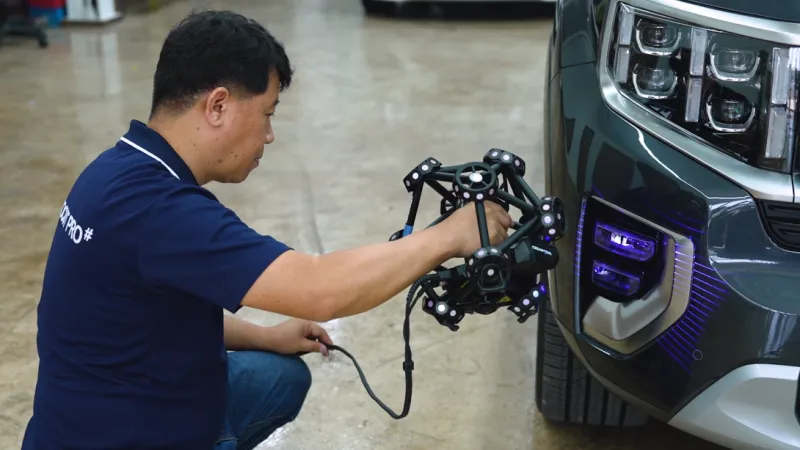Autocut optimizes cutting film pattern digitalization thanks to MetraSCAN 3D
Based in South Korea, Autocut is an automotive paint protection film (PPF) and tinted film solutions provider. It delivers software with 17000+ pattern data of paint protection films (PPF) and pre-cutting films for automotive aftermarket shops. Pre-cutting of the film based on the shapes of car parts is needed for productive PPF projects. With over 15 years of expertise, Autocut’s solutions are adopted in over 100 shops in South Korea.
Traditionally, Autocut’s development team performed measurements manually, using tape and transparent paper, in order to design new patterns. Film cutting was also carried out by hand. Unfortunately, these processes did not provide consistent results as the patterns tended to vary based on shop floor conditions. Large patterns, which couldn’t be covered be covered by paper and film, were difficult, if not impossible, to make.
Autocut’s digital transformation: The search for the right 3D scanner
Sangwon Jung, Autocut’s CEO, and Chango Kim, Director, decided to look for a more modern alternative and transition towards digitalization. “We wanted both hardware and software that were easy to use and reliable,” explained Jung.
The team looked into several 3D scanning technology vendors; unfortunately, after extensive testing, the quality of the scans was poor, and the software platforms were not very intuitive. Some of the scanners could not even show a clear image because of severe reflections or distortion of colours on the boundary lines.

Creaform’s 3D scanners take on Autocut’s most challenging projects
Autocut then took Creaform’s metrology-grade 3D scanners for a test drive. “Creaform’s solutions were different,” Jung said. “They are very user-friendly, and the software is equally easy. We knew right away that we could deploy these solutions very quickly into our existing workflows.”
The company acquired Creaform’s MetraSCAN 3D and Go!SCAN 3D scanners, along with VXelements software, an advanced 3D metrology software platform. The results were almost immediate. Technicians can quickly scan a vehicle and get the 3D measurements they need in a very short timeframe. Jung and Kim estimate that the 3D scanners have improved efficiency twofold.
Creaform’s 3D scanners also drastically reduced repetitive tasks. “Once the components are scanned the first time, it is simple to expand and modify them with additional new patterns—all while ensuring consistency,” Kim added. This means that technicians can derive as many patterns as they want by analyzing and substituting various 3D models. Autocut also observed major efficiency gains when it came to highly customized film cutting for specific cars, which inevitably allowed the company to take on even more projects.

Contrary to other 3D scanners on the market, MetraSCAN 3D and Go!SCAN 3D generated clean and accurate data in real time without any limitations, including white, black, shiny and reflective surfaces. Complex geometries could also be captured with ease. In addition, VXelement’s post-processing capabilities accelerated development thanks to the software’s versatile features and fast treatment.

“We were very happy with the immediate technical support and continuous software updates,” Jung said. The team was able to rely on Creaform’s responsive local experts for any questions or troubleshooting—a must for businesses that are just starting out with 3D scanning technologies.
Autocut plans to expand into other sectors in the short term by offering services for motorcycles, bicycles and golf clubs. “We believe that thanks to Creaform’s 3D scanners, our business has greatly improved customer satisfaction and helped us to gain a competitive edge in our market.”
